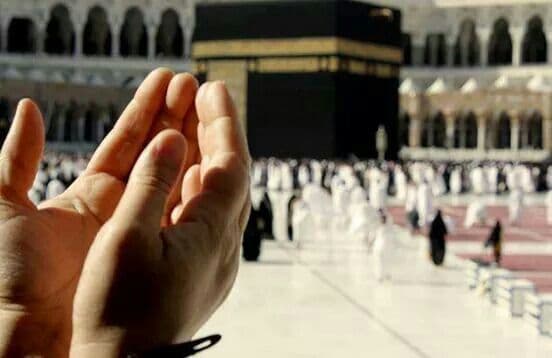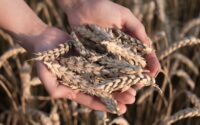
Daily Dua Plan for Ramadan | When, How and What to ask for

Ramadan is the month of fasting, the blessed month in which Allah Almighty show countless blessings on Muslims and forgives those who seek forgiveness from Him. Ramadan is the month of mercy and forgiveness. One of the most generous blessings of the month of Ramadan is the opportunity of having our Duas to be accepted. We Muslims have a strong belief on the power of Dua. Holy Prophet Muhammad (SAW) said in one of His hadith: “There are three whose supplication is not rejected: The fasting person when he breaks his fast, the just leader, and the supplication of the oppressed person; Allah raises it up above the clouds and opens the gates of heaven to it. And the Lord says: ‘By My might, I shall surely aid you, even if it should be after a while.’” (Tirmidhi)
Dua is a weapon of the believer there is nothing else that can directly and regularly protect and arm us against the trials of this life like dua. Holy Prophet Muhammad (SAW) said: “Dua (supplication) is worship” (Abu Dawood). It is not the length of your dua that matters, but rather the meaning and intentions behind it that are of importance.

While commuting you can make easily make dhikr and short dua. One should recite this dhikr 100 times in the morning and evening which will be very rewarding.
‘Subhannallahi wa bihamdihi.’
Translation: ‘Glory is to Allah and praise is to him’ (Tirmidhi)
We should ask Almighty Allah for the home in Jannah by making this dua.
‘Rab-bibni Li Indaka Baytan Fil Jannah.’
Translation: “My Lord! Build for me a home near you in Paradise.” (Quran, 66:11)
We should also make dua after doing ablution (wudu) for attaining Allah’s blessings.
It was narrated that Umar Bin Al-Khattab (RA) said: “The Messenger of Allah Prophet (PBUH) said: ‘Whoever performs Wudu’ and does it well, then says: “Ashhadu an la ilaha ill-Allah was ashhadu anna Muhammadan ‘abduhu wa rasuluh (I bear witness that there is none worthy of worship except Allah, and I bear witness that Muhammad is his slave and Messenger),” eight gates of Paradise will be opened for him, and he may enter through whichever one he wishes.’” (Sunan An-Nasai)
You can also praise Allah while making easy dhikr during your working hours by remembering Almighty Allah in the blessed month of Ramadan. One should recite:
‘La hawla wa la quwwata illa billah.’
Translation: ‘There is no power and no strength except with Allah.’ (ibn Majah)
The time of breaking the fast is one of the most important times to make dua, so seize this opportunity and make dua from Allah (SWT). Making a long dua after witr is also recommended. This is one of the duas the Prophet (PBUH) would make during witr:
“O Allah, guide me among those Thou hast guided, grant me security among those Thou hast granted security, take me into Thy charge among those Thou hast taken into Thy charge, bless me in what Thou hast given, guard me from the evil of what Thou hast decreed, for Thou dost decree, and nothing is decreed for Thee. He whom Thou befriendest is not humbled. Blessed and Exalted art Thou, our Lord.” (Abu Dawood)
We should also make dua at last third of the night. Abu Hurairah (RA) narrated that the Messenger of Allah Prophet Muhammad (SAW) said:
“Our Lord (glorified and exalted be He) descends each night to the earth’s sky when there remains the final third of the night, and He says: Who is saying a prayer to Me that I may answer it? Who is asking something of Me that I may give it to him? Who is asking forgiveness of Me that I may forgive him?” (Bukhari)
We should seek forgiveness as much as we can in the month of fasting. Allah Almighty will surely forgive our sins. In the Holy Quran Allah says:
“Our Lord, indeed we have heard a caller calling to faith, [saying], ‘Believe in your Lord,’ and we have believed. Our Lord, so forgive us our sins and remove from us our misdeeds and cause us to die with the righteous.” (Quran, 3:193)
Night of decree is the blessed night that could truly transformed one’s destiny throughout the year. One should make dua in this blessed night. Aisha (RA) reported that:
“I asked: “O Messenger of Allah! If I realize Laylat-ul-Qadr (Night of Decree), what should I supplicate in it?” He (PBUH) replied, “You should supplicate: Allahumma innaka ‘afuwwun, tuhibbul-‘afwa, fa’fu ‘anni (O Allah, You are Most Forgiving, and You love forgiveness; so forgive me).” (Tirmidhi)




